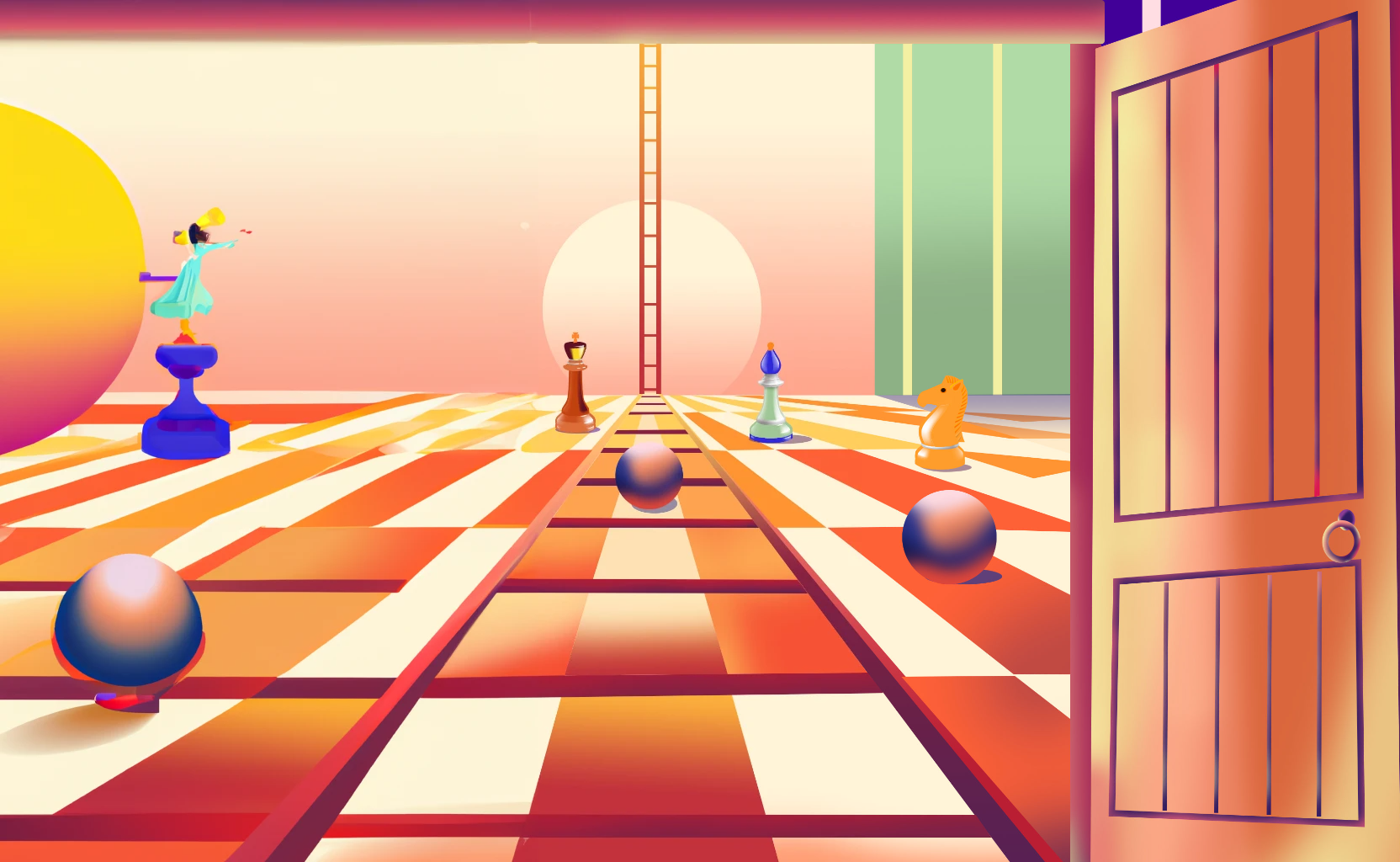An important skill, when running an organization, is putting things in a box and closing them. You can revisit the box when you want. But when not immediately relevant, it should be ignored. We can only think of so many things at once. Our minds only have so much random access memory (RAM). How we use our RAM is how we live our lives.
Compartmentalization is a hard skill to learn. It takes practice. It takes being self aware.
What We Carry
There’s a famous Zen parable that goes:
A senior monk and a junior monk were traveling together. At one point, they came to a river with a strong current. As the monks were preparing to cross the river, they saw a beautiful woman also attempting to cross. The woman asked if they could help her cross to the other side.
The two monks glanced at one another because they had taken vows not to touch a woman.
Then, without a word, the older monk picked up the woman, carried her across the river, placed her gently on the other side, and carried on his journey.
The younger monk couldn’t believe what had just happened. After rejoining his companion, he was speechless, and an hour passed without a word between them.
Two more hours passed, then three, finally the younger monk could contain himself no longer, and blurted out “As monks, we are not permitted a woman, how could you then carry that woman on your shoulders?”
The older monk replied, “Brother, I set her down on the other side of the river. Why are you still carrying her?”
“I’ve been thinking about xyz all weekend.” “Such and such ruined my night.” At the end of the day, it’s our choice to think about something all weekend. It’s our choice to let someone or something ruin our night. It’s our choice to carry intrusive thoughts. We are our own masters.
There will always be issues in business and personal life that pop up. An employee or friend may be going through a tough time, or you read something crazy in the news. These can be important to address but none of these should overwhelm you.
Utility Tools
The tools we use enable us to control our outside world. Software is the modern day tool we use to mold our world to our desired ends. This is a lens to view all software.
Zuckerburg originally wanted to call Facebook a social utility tool instead of a social network. The latter caught on, but I wish the former prevailed. We should treat social media as a utility tool. The same way a carpenter views a hammer as a hammer. A carpenter doesn’t live their life around their hammer and try to ascribe greater meaning to their hammer. It’s a hammer. It’s a tool. We should be conscious of the choices we make with regards to social media. Social media is a tool. When it feels like social media is an obligation or is controlling us, we should modify how we use it. The tail shouldn’t wag the dog.
This is similar to enterprise software. The purpose of enterprise software is to make us better and more efficient at our jobs. Too often, software makes those using it less efficient only to create better reports for management. Smart enterprise software empowers everyone in an organization.
When managing a portfolio of properties, you should be able to open a box and have total context. All information in one place. After you know exactly what’s going on, you can close the box. What’s happening within your portfolio should be fully transparent. If not automatically delegated, you should be able to assign issues to team members that will be tracked through a system. This is what Ender does.
Utilize tools to clear your mind. Pay attention to metacognition. Our thoughts shape our world.
